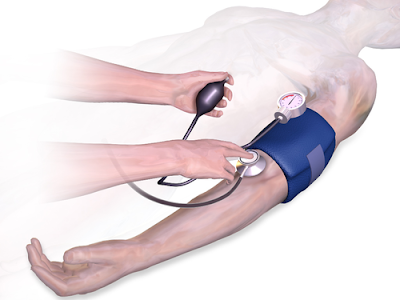Pine nuts vs cashews which is healthiest
Ah, pine nuts and cashews—both delicious little nuggets of nutrition, but which one takes the health crown? Let’s break it down with the precision of a nutritional hitman.
1. Nutritional Breakdown (Per 1 oz / 28 grams)
| Nutrient | Pine Nuts | Cashews |
|---|---|---|
| Calories | ~190 | ~157 |
| Protein | 3.8g | 5.2g |
| Total Fat | 19g (mostly unsaturated) | 12.4g (mostly unsaturated) |
| Carbs | 3.7g | 8.6g |
| Fiber | 1g | 0.9g |
| Magnesium | 71mg (17% DV) | 83mg (20% DV) |
| Iron | 1.6mg (9% DV) | 1.9mg (10% DV) |
| Zinc | 1.2mg (11% DV) | 1.6mg (15% DV) |
The Pros & Cons
Pine Nuts
- Pros:
- Rich in heart-healthy monounsaturated fats, helping lower bad cholesterol (LDL) and increase good cholesterol (HDL).
- High in Vitamin K (15% DV)—important for bone health.
- Contains pinolenic acid, which may suppress appetite and aid in weight management.
- Cons:
- Expensive as hell—your wallet might cry more than your arteries.
- Calorie-dense and easy to overeat.
Cashews
- Pros:
- Higher in protein, making them a better option for muscle-building or post-workout snacks.
- Good source of magnesium, critical for nerves, muscles, and bone strength.
- Lower in total fat than pine nuts.
- Cons:
- Contains less heart-healthy fats than pine nuts.
- Higher in carbs, which might not work for keto die-hards or low-carb fans.
Healthiest Overall?
If you’re looking for:
- Heart health: Pine nuts edge out with their fatty acid profile and cholesterol-lowering benefits.
- Weight management or fitness: Cashews win with their protein punch and lower calorie count.
- Bone health: Cashews take the lead with magnesium and iron, but pine nuts help with Vitamin K.



Comments